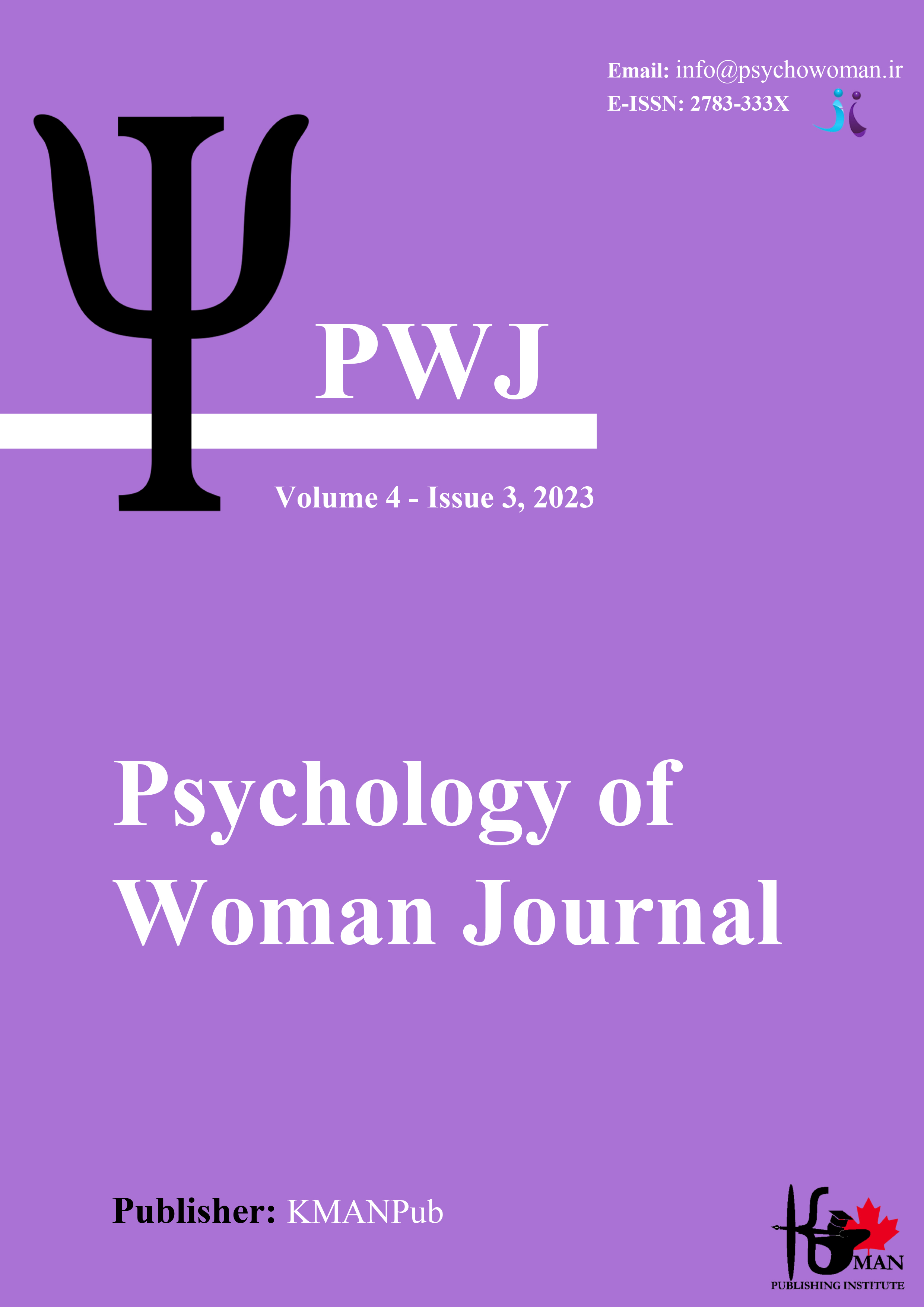Effectiveness of Cognitive Behavioral Therapy (CBT) on Emotional Regulation and Quality of Life in Divorced Women
Abstract
Objective: Separation and divorce are the most significant factors in the collapse and disintegration of the most fundamental part of society, the family. The current research was conducted with the aim of determining the impact of Cognitive Behavioral Therapy on emotional self-regulation and the quality of life of divorced women.
Methods and Materials: The study was a quasi-experimental investigation with a pre-test-post-test design involving two groups. The research population consisted of all divorced women who visited counseling centers in the city of Karaj. Using a convenience sampling method, four centers were selected, and among those who were willing to participate in the study and had low scores in emotional self-regulation and quality of life, 30 individuals were randomly chosen as the sample. Subsequently, these individuals were divided into two groups of 15 and randomly assigned to either the experimental or control group. The experimental group underwent 12 sessions of 90-minute Cognitive Behavioral Therapy, while the control group continued with their usual routine. Both groups were post-tested at the end of the period. The instruments used in this research were the Gross and John (2003) Emotion Regulation Questionnaire and the World Health Organization Quality of Life (WHOQOL) Questionnaire (1989). For data analysis, Multivariate Analysis of Covariance (MANCOVA) and SPSS version 22 software were utilized.
Findings: The results indicated that Cognitive Behavioral Therapy had a significant effect on emotional self-regulation (F=24.22, P<0.001) and quality of life (F=28.93, P<0.001) of divorced women.
Conclusion: It can be concluded that Cognitive Behavioral Therapy is effective in improving emotional self-regulation and quality of life in divorced women.
Downloads
Downloads
Additional Files
Published
Issue
Section
License
Copyright (c) 2023 Nazanin Poureghbal, Fahimeh Barzegar Bafrouei, Molouk Naderi (Author)

This work is licensed under a Creative Commons Attribution-NonCommercial 4.0 International License.

















